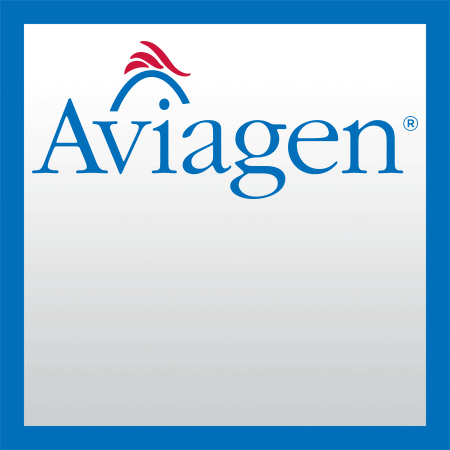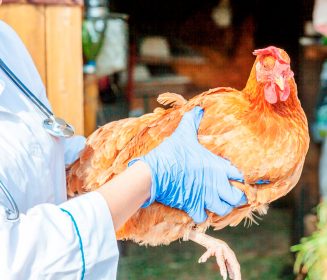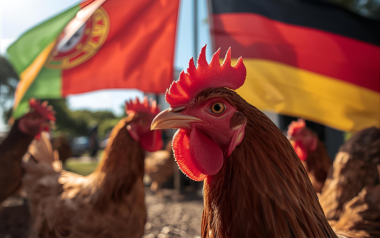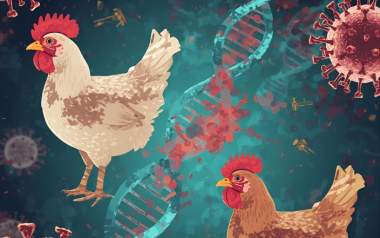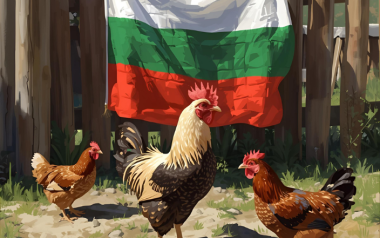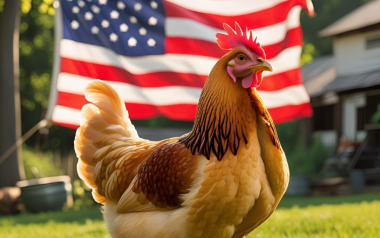09 May 2023
Future development of poultry vaccines
The development of new vaccines for effectively controlling pathogens and infection in the host represents a critical area of research […]
The development of new vaccines for effectively controlling pathogens and infection in the host represents a critical area of research and development to reduce the impact of diseases in animals destined for human consumption, even more with the increasing restrictions in the prophylactic and therapeutic use of antibiotics.
Recent advances in biotechnology have dramatically increased the potential for scientific innovations, allowing the incorporation of new technologies in the form of alternative pathogen control strategies.
One of the newest biotechnology available is a new vaccine platform that incorporates the subunit/epitope sequence, common to all serotypes/serovars of a specific family of pathogens (broad spectrum), into an inactivated form of a vaccine platform administered orally, inducing protection against infection and disease by stimulating mucosal immunity.
The mucous membranes are the main route of entry for pathogens and include the membranes of the nasal, respiratory, gastrointestinal, and genitourinary tracts, as well as the ocular conjunctiva, inner ear, and ducts of all exocrine glands.
- They occupy more than 400 m2 in humans – compared to just 2 m2 of skin – and act as the first line of defense against infection at entry points for various pathogens (Ogra et al., 2001).
Gastrointestinal system
The gastrointestinal system is the largest lymphatic organ in the body, estimated to
TO CONTINUE READING REGISTER IT IS COMPLETELY FREE
Access to articles in PDF
Keep up to date with our newsletters
Receive the magazine for free in digital version
REGISTRATION
ACCESS
YOUR ACCOUNT
LOGIN
Lost your password?




